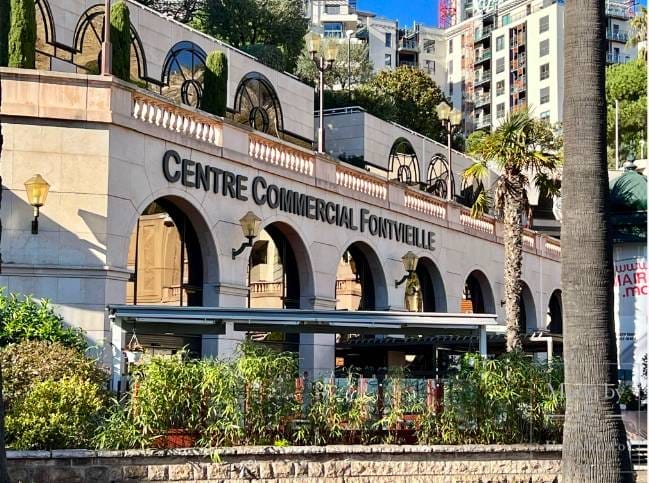Monaco is preparing to give its courts a surge capacity. A government bill, No. 1.109, would create a judicial reserve of seasoned former judges who can be called in, part-time and on short stints, to accelerate sensitive cases and ease bottlenecks. The move dovetails with the Principality’s push to satisfy FATF/MONEYVAL benchmarks after Monaco was placed under increased monitoring (“grey list”) in June 2024 and later added to the EU’s list of high-risk jurisdictions this June.
What’s actually in the bill?
There is a new corps of “magistrats réservistes.” Ex-judges of Monegasque or French nationality with 15+ years’ experience can apply to join a reserve list managed by the Director of Judicial Services. They would serve temporarily within trial courts, the Court of Appeal, the Criminal Court, the Public Prosecutor’s Office, and the justice of the peace (but not the Supreme Court or Court of Revision).
Age, term & workload caps: Listing is open up to age 77, for renewable three-year periods, with activity capped at 180 half-days per year (modifiable in specific circumstances).
Reserve judges may form the majority of a collegiate bench and may act as investigating judge, guardianship judge (and substitute), or liberty judge. They cannot preside over a collegiate formation at the seat, nor represent the prosecution at the Court of Revision or Supreme Court.
In terms of Pay, conditions is set per half-day at 1/60 of a first-grade judge’s top-step monthly salary, with possible uplifts depending on the mission; conflict-of-interest and incompatibility rules mirror the core judiciary.
Beyond creating the reserve (amending Law 1.364/2009 and Law 1.398/2013), Article 8 also adjusts AML/CFT governance so the AMSF (Monaco’s financial-security authority) can seat reserve judges on its sanctions formation and appoint a chair with at least five years of judicial experience acquired in Monaco or France, a pragmatic fix after earlier appointment challenges.
Why now?
Since January 2023, Monaco has sprinted through 600+ legal provisions across four major laws and 22 implementing texts to lift its technical compliance with FATF standards. MONEYVAL’s December 2024 follow-up acknowledged substantial progress—but urged faster money-laundering investigations and more judicial resources, a gap this reserve is designed to fill. In June 2025, the FATF noted continuing improvements while keeping Monaco in enhanced follow-up.
The AML/CFT side-story you shouldn’t miss
AMSF build-out. Monaco’s revamped authority has been staffing up throughout 2025. A June 30 sovereign ordinance clarified recruitment rules for the sanctions formation, and an order of June 12 named Aline Grinda as its president, illustrating why the bill’s flexibility on appointments matters.
European lens
On 10 June 2025, the European Commission aligned its list with global monitoring and added Monaco, turning up due-diligence obligations for EU-exposed firms, another incentive to show credible, resourced enforcement.
What happens next?
Bill 1.109 was filed on 6 June 2025 and referred to the Legislation Committee on 18 June. A first discussion took place in early July (rapporteur: Jade Aureglia), with the High Commission for the Protection of Rights and Mediation issuing an opinion. It’s slated for public debate in the National Council’s autumn session.
Bottom line
The judicial reserve is less a headline-grabber than a capacity tool: it gives Monaco’s justice system experienced hands, fast, exactly where FATF/MONEYVAL want to see momentum—investigations, prosecutions, and sanctions. If enacted and staffed, it should help convert the Principality’s legislative marathon into case-moving horsepower.









